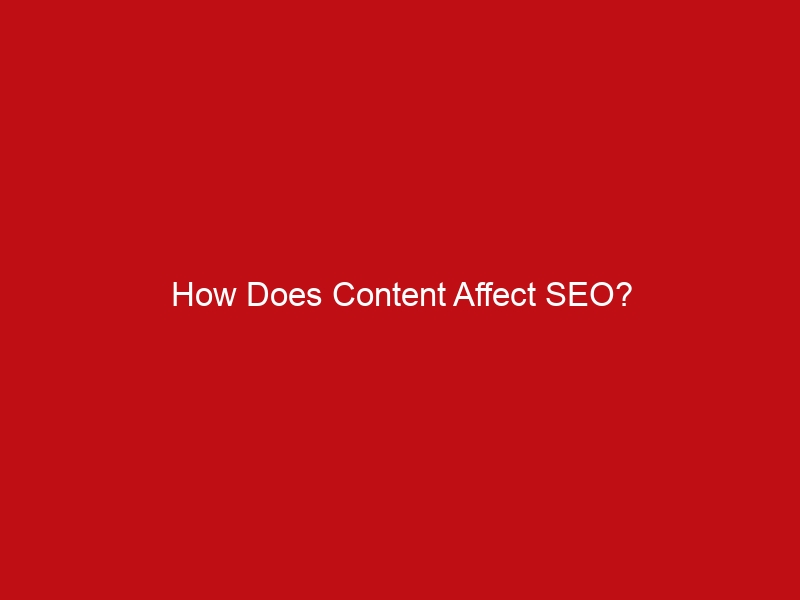Years ago, when search engine optimization was in its infancy as a profession, you could build a bunch of back-links, get those keywords in the right spot on the page, and you had a pretty easy time getting to the top of the search engine rankings. But, staying near the top of the search engine rankings is becoming increasingly difficult. While back-links still remain the foundation for keeping you ranking high, the fact is content is quickly playing an increasingly strong role in how you rank.
How Google Evaluates Your Content
The most important thing for SEO as far as content goes is to have content meaningful for your audience. Meaningful content gets shared, and sharing means you receive more back links. Google simply cannot evaluate how meaningful your content is to your audience, but social signals such as Google +1s and retweets give Google a clue the content is liked by a certain number of people.
In addition to those shares, however, there are many other factors that go into how Google evaluates your content for rankings purposes:
- Trust. Domain names that end in .edu or .gov are automatically trusted by Google and receive a slight rankings boost over all other domain names. This is because content at these sites tends to be higher in quality in the first place because it’s written by people who are already experts in their own niche. PageRank is also another trust/authority signal. If your site has a higher PageRank, its content is likely to rank higher than a site with a lower PageRank. Notice, however, that the term “more likely” is used. Just because one site has a higher PageRank than another does not mean that site will actually rank higher in the search engines – it’s just more likely.
- Word flow. Google does check how your content flows. If it’s worded awkwardly, Google ranks it a little lower than content that reads well. Yes, Google is that good at checking quality. If you outsource your content to a foreign person or country, you may want to reconsider, as the quality of non-native English speakers is markedly different than the quality of native English speakers.
- Spelling/grammar. Spelling errors and grammatical mistakes hurt the rank of your content as well. All of it should read absolutely perfect. A spelling error here and there probably doesn’t hurt your rankings at all, but why even allow the opportunity for your rankings to take a beating?
- Keyword density. Overoptimize your content, and you’ll find you get nailed in the rankings. What is the “right” keyword density? There is no magic number, but if you’re around 1.0%, with some keywords in the title and H1, you’re good to go. If you go any higher than 1.0%, you run the risk of overoptimization, but it’s okay to some extent. Google will always need a method for understanding what your page is about, and which keyword to rank it for, so keywords will always be important – just don’t overdo it.
When you’re writing content with these points in mind, you’re maximizing the SEO benefit you’ll get from it. Writing stellar content is not an easy process, so be sure to take it seriously when you develop your own.
If you enjoyed reading this article from Devenia, you might also enjoy Reasons Why Backlinking is Important (And How to Do It) .
Last Updated on August 22, 2012 by Dan Stelter

